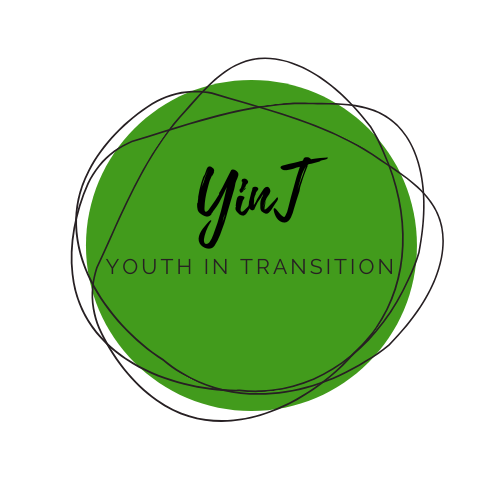6 Introduction to Economic Dimension
Economy is linked to the stock market, industry and multinationals. Money, work, property, and wealth are the results of the economy. We need money for health and social services, for education and security, for having fun and for helping others. Our way of doing business means prosperity for many people, but exploitation and poverty for others. It has brought our planet to the brink of destruction. That is why we have to think about the economy every time we talk about sustainability.
Not everything that has a value must also have a price ....”(W. Ambros, Austrian Singer-songwriter). There is no doubt: economic activities are very important. But the key questions are: is making money more important than all other aspects of our life? Is an economic system possible that is not focused on maximising profit, but on solidarity? Consider social and economic impacts of community, social, voluntary work. Also a sharing economy: sharing resources instead of buying them, e.g. a car or a toolbox. In agriculture, there is the emergence of community-based agriculture, where a group of people finance the cultivation of vegetables and fruit and receive a share of the harvest. And it is a trend of our time: young people are looking for work-life balance and alternative economical schemes to make sense of. In this dimension we will explore how we want to do business - and look at three themes in more detail.
|
Theme A Workshop: : Values - is it just about money? |
|
Theme B Workshop: New Visions - resource-economy, local sharing, commons The leading economies have led us in an environmental crisis. Let us rethink the economy, let us search for new models: resource-economy, local sharing etc. |
|
Reflection: Combination of new vision, minimising footprint & non monetary economy Economy is not a purpose for itself. Reflection questions to explore include: What is the economy good for? What do we want to do with more money? How can we create welfare, e.g. by saving money whilst minimising our eco-footprint. |


0 comments
Leave a comment
Please log in or register to post a comment